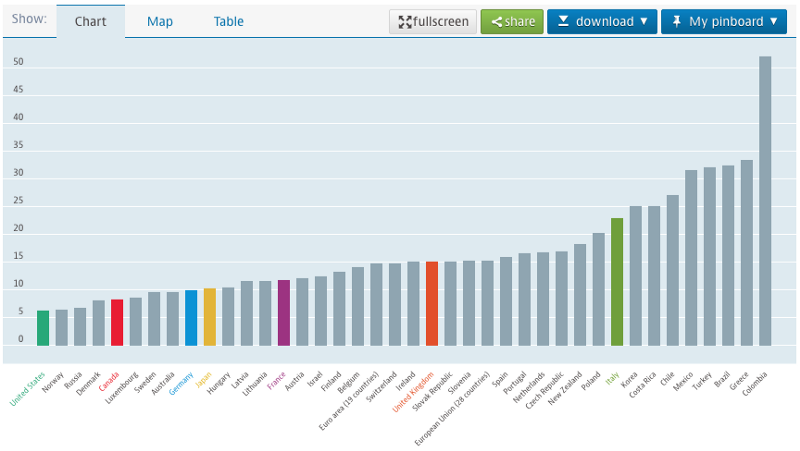A Return to Craft Based Work
Most people work for other people — in the EU it’s 80%. In the US, the rate is much higher. Interestingly, large proportions of working…
Photo by Annie Spratt on Unsplash
Most people work for other people — in the EU it’s 80%. In the US the rate is much higher. Interestingly, large proportions of working adults are unhappy in work. Maybe we need to work for ourselves.
In the last 50 years, most countries in the western industrial world have moved away from traditional forms of work and into services.
Farming, textiles, iron and steel work, the making of things, has become too expensive and has moved to lower-cost economies.
According to the European Commission, the main growth sectors in the European economy are hospitality, health, education and recreation. We can say same for the United States, Canada, Australia and other capitalist economies. In the EU, 85% of these people are directly employed and 15% self-employed. In the US, 93.7% of working adults are directly employed and 6.3 self-employed (OECD, 2020)[1].
75% to 80% of working adults in these apparently sophisticated economies work in services. We are the vehicles by which the corporate entity achieves its aims, and work, in large part, has lost its inherent value and become a means to an economic end.
I suspected this was the case for quite a while, and recent research I conducted supported this suspicion.
We don’t know how to use our hands and our bodies any more. We can’t make things, practical things. We don’t know how to grow food, to fix a roof, or build a wall.
Some of us do, but many of us don’t.
So why does this have to be a problem? Is it even a problem?
Well, when psychologists define work as “activity that is directed towards ‘valued goals’ beyond the enjoyment of the activity itself” (Warr, 2002) [2], and where we tacitly subscribe to that concept, we can see the direction we’re headed.
If this thing we do, call it work if you wish, is making us miserable then the onus is on us to change it.
A return to making things by hand and for ourselves, could be a route to that change, greater meaning and purpose, and a happier life.
ARTICLE REFERENCES
OECD (2020), Self-employment rate (indicator). doi: 10.1787/fb58715e-en (Accessed on 24 April 2020)
Warr, P. (2002). Psychology at work. Penguin UK.
Thanks for taking the time to read my stuff. If you enjoy Sunday Letters, consider supporting my work. I’m on Twitter if you’d like to follow me there. Oh, and there’s the Sunday Letters Podcast.





